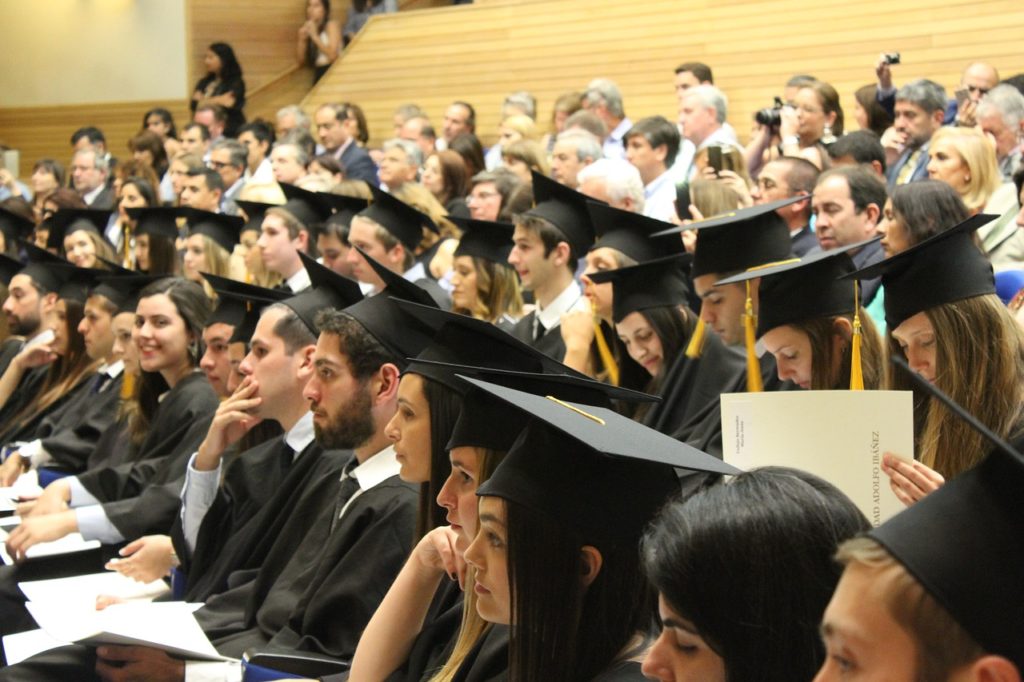
If your career goal is to become a professional librarian, be it in a public, academic, school or other type of library, one of the first questions you are likely to ask is about the educational qualifications.
Specifically, what should you major in to put yourself in the best position to land a job as a librarian?
Undergraduate Major vs. Library Master’s
First, some may think that majoring in a library program is the best path, but undergraduate degrees in librarianship are rare, so that is not a common path for librarians.
Instead, nearly about all librarian jobs will require a master’s degree in library in information science. This is a professional graduate degree that usually takes 2 years, and many schools offer online programs or other flexible options for those who are already working.
Library school coursework ranges from traditional topics such as reference and reader’s advisory as well as emerging technologies such as computer programming, web design and database management.
What Bachelor’s Degrees Are Best for Becoming a Librarian?
With all of that said, however, the question remains: what should you major in as an undergraduate to put yourself in the best position to snag a librarian position in the future after getting your master’s?
Officially, it does not matter, as admissions at library schools do not require any specific major.
But traditionally, the highest percentage of students applying to library school are drawn from the humanities and fields such as English.
So does this mean that this will be the best choice of major? Not necessarily.
In fact, due to the fact that there are so many English majors who go into libraries, choosing something else can help you stand out as a candidate.
Applicants coming from other backgrounds such as Science, Technology, Engineering and Mathematics (STEM) often stand out more and their application might be given a boost.
So don’t choose a major like Physics for no other reason than to increase your chances at a librarian job (as that would be a recipe for a miserable four years!)
But similarly don’t hesitate to major in English just because you may some day be one of several job candidates with the same background.
It is true that technology and computer related degrees are more directly applicable to many library environments, so if that is an interest of yours that can be a great major for your future librarian career.
Aligning Your Major with your Career Interests
Another good idea, if you are able to plan ahead, is to align your major with the type of work you hope to go into after receiving your master’s.
For example, if you desire a job as a Social Sciences Librarian at a large research university, you would want to major in something like sociology or anthropology. Job ads will usually prefer or even require that candidates have a degree in that area.
But the majority of jobs do not require specific college majors, such as general reference and instruction positions as well as the majority of jobs in public libraries.
You may find that social sciences like sociology help you gain more knowledge and understanding of the social role of libraries and information centers, but
Remember that Career Plans Can and Do Change
Additionally, you should always be aware that your career goal within the field of libraries might change dramatically once you are exposed to a new area through coursework or student work experience.
And on the other hand, you may eventually choose to change careers and leave the library world for any number of reasons.
If that happens you want to make sure that your major gives you an opportunity to shift into something that you enjoy doing and that has ample employment options in your area.
Perhaps the best advice, then, is to simply major in something you thoroughly enjoy without thinking too much about how it could relate to a library career.
There aren’t any firm requirements and it can be impossible to predict how those skills might translate into your future dream job.
Jobs in Libraries Beyond Librarians
Finally, it is also necessary to understand that not everyone who works in a library is a librarian. Library assistants and paraprofessionals play important roles as well and these positions do not require any graduate study.
If simply working in a library environment is your goal, then you can often do so with a college degree in any major and the required training. In some cases even just a high school diploma will be sufficient to get you in the door.
As with any type of employment, it is beneficial to start looking at job ads early on in the game so you familiarize yourself with common requirements while you still have plenty of time to achieve them.
No single undergraduate major will prove to be “perfect” for librarianship in general, but by keeping these key tips in mind, you can select a program of study that will position you well for what you hope to accomplish with your career. Best of luck!